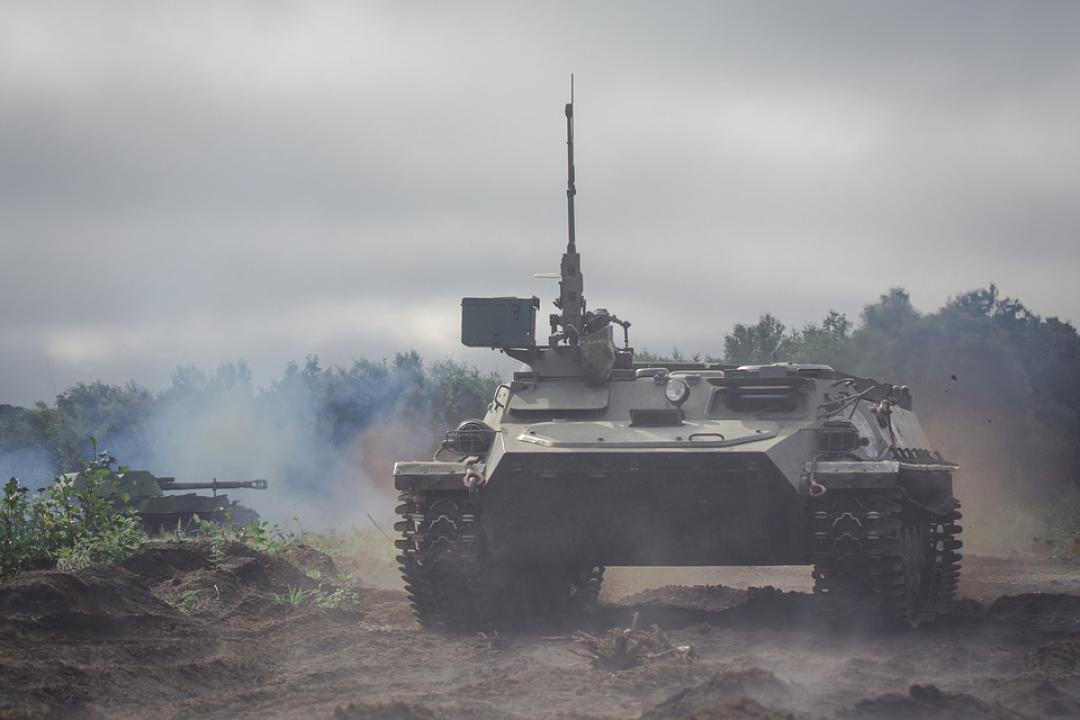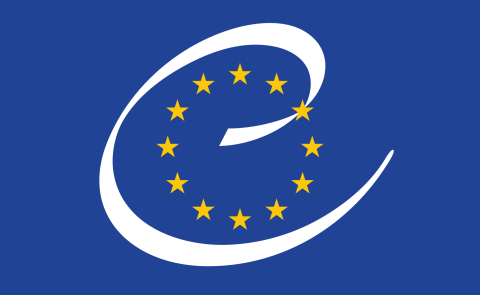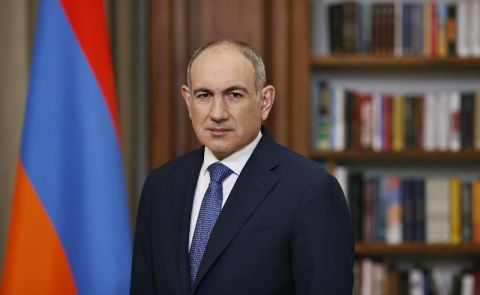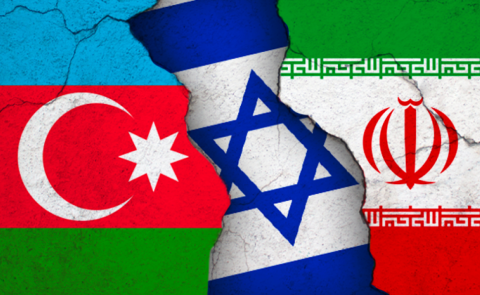
Armenia and Azerbaijan amongst most militarized countries in the world

On 19 February, the Bonn International Center for Conversion (BICC) published their Global Militarization Index (GMI) for the year 2019, which presents the relative weight and importance of a country's military apparatus in relation to its society as a whole. Armenia ranked 3rd, Azerbaijan 10th, and Georgia 49th in this year’s index.
The index project is financially supported by Germany’s Federal Ministry for Economic Cooperation and Development. The GMI is based on data from the Stockholm Peace Research Institute (SIPRI), the International Monetary Fund (IMF), the World Health Organization (WHO), the International Institute for Strategic Studies (IISS) and BICC.
The GMI compares, for example, a country’s military expenditure with its Gross Domestic Product (GDP) and its health expenditure. It contrasts the total number of military and paramilitary forces in a country with the number of physicians. Finally, it studies the number of heavy weapons available to a country’s armed forces. These and other indicators are used to determine a country’s ranking, which in turn makes it possible to measure the respective level of militarization in comparison to other countries.
The description on the South Caucasus region read the following:
“In the South Caucasus, militarisation continues at a very high level. A crucial factor here is the unresolved secessionist conflict between Armenia and Azerbaijan over the Nagorno-Karabakh region, which escalated once again in April 2016. In 2019, too, the agreed ceasefire was repeatedly breached. As a result of the tense security situation, both countries continued to invest a lot of resources in their armed forces. Both Baku and Yerevan are currently modernising the old army and air force weapons systems, for which they have awarded various large-scale contracts to Russian weapons manufacturers. The result is rising military spending on both sides.”
This year’s GMI also published a typology of states from the perspective of state fragility and their correlation to militarization. State fragility was defined in three main categories, namely: 1) state authority (ability of a state to control the uses of physical violence within its borders) , 2) state capacity (to provide basic public services), and 3) state legitimacy (level of consent to state rule from the public) In terms of state fragility, the GMI made 6 different categories of states, namely: 1) Dysfunctional states are states which score badly in all three dimensions; 2) Low-authority states which have only very limited control over physical violence, but are able to provide basic public services and have an average legitimacy value; 3) Low-capacity states which can only provide limited public services but have a moderate value in terms of authority and legitimacy; 4) Low-legitimacy states have an average score in the two dimensions of authority and capacity, but only have low values in the area of legitimacy; 5) Semi-functional states are states in which all three areas have an average score; and 6) Well-functioning states achieve very good scores in all three dimensions.
The research concluded that a particularly high number of low-legitimacy states are found among the very highly militarised countries. More than half of the 30 most militarised states — 17 of them — fell into this category (amongst them Armenia). Azerbaijan was the only defined low-capacity state in the top 30 spots.
From the neighbouring states, Russia was ranked 6th, Turkey 20th, and Iran 24th. Belarus (9th) and Ukraine (13th) were also at the top of the table. Only Israel and Singapore were considered to be more militarized than Armenia. Costa Rica, Haiti and Panama were at the bottom of the table.
See Also


Armenia Strengthens Ties with Council of Europe

Former Armenian President Labels Pashinyan a Traitor and Blasphemer

Pashinyan Addresses Key Issues on Church, National Future, and Fund Allegations

Azerbaijan Calls for 'Dialogue and Diplomatic Resolution' Between Israel and Iran

